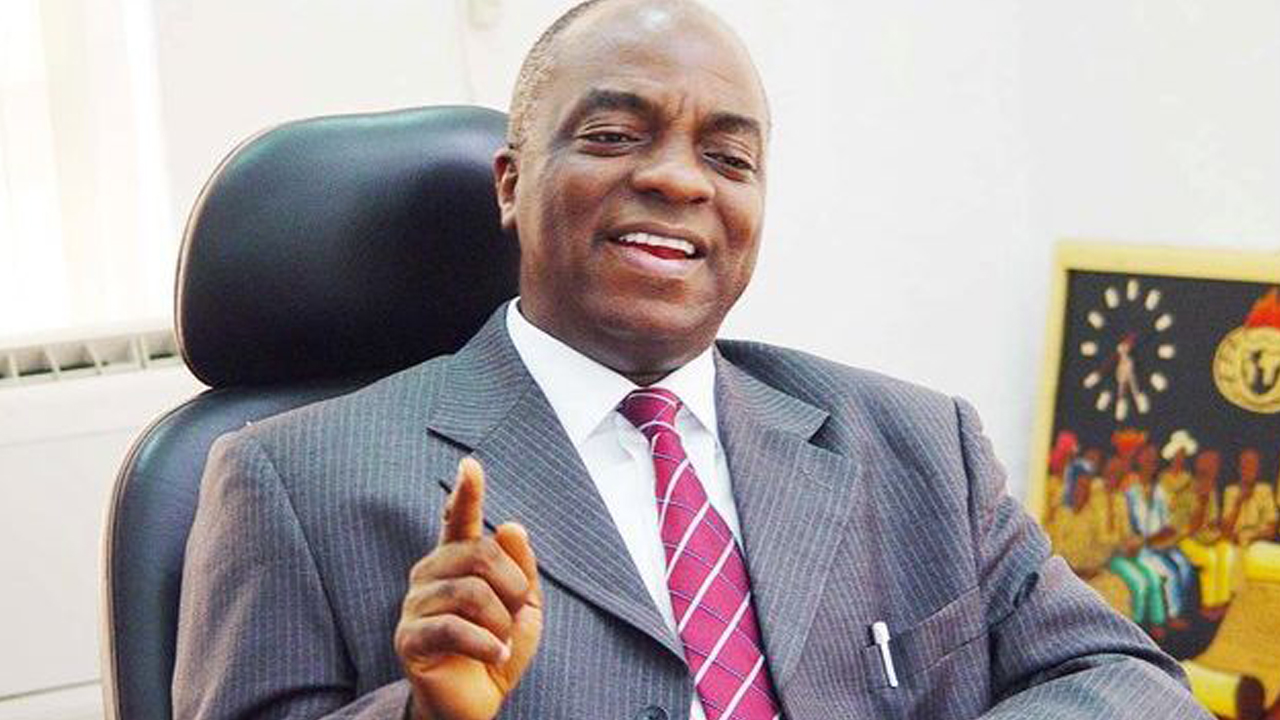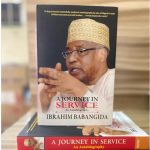This week is probably the first time I’ve seen supporters of Peter Obi, who prefer to be called Obidients, on the defensive in our toxic political space, explaining themselves, defending their principal, and accusing their political marauders of targeted harassment, an act of which they are also antecedently guilty.
Their storm began when the online news platform, People’s Gazette, published the audio of an alleged phone conversation between Mr Obi and the cleric Pastor David Oyedepo, where the former was heard appealing for electoral endorsement on the election eve and describing the closely-contested 2023 presidential polls as a “religious war.” This has set in motion polarising reactions that pushed even Mr Obi’s media managers to dispense ambiguous statements.
The first dilemma in consuming the story was People’s Gazette’s historical pandering to Mr Obi’s presidential bid so much that they were accused by his opponents as partisan and biased. The second has to be their readers’ inability to connect the news platform’s transition from Obi’s seeming promoter to the source of what promised to be his worst public relations outing, especially in the Muslim parts of the North and South West, which are his least begin strongholds.
As Obidients set out to dismiss the audio file as a creative outcome of an experiment with artificial intelligence, the Foundation for Investigative Journalism, whose hard-hitting founder, Fisayo Soyombo, has always been fiercely critical of the political establishment, published a report to reveal that “According to Deepware, the Obi-Oyedepo audio was not AI-generated, and it underwent no technological alterations,” and that they “also analysed the voices in the audio and found unique characteristics that are almost impossible to replicate in deepfakes.”
But every damage control tactic developed, deployed, or desired by Obidients to counter the two publications, which had previously patronised the Obi project—from the claim that an imaginary lab in Israel has disproved the authenticity of the audio to Obidients’ insistence that it was deepfake—lost its potency when Kenneth Okonkwo, one of Mr Obi’s campaign spokesmen took to his social media to contextualise the audio.
Peter Obi, in Mr. Okonkwo’s words, “was simply urging (Pastor Oyedepo) to help him push this message of equal stake of all Nigerians in the Nigerian project to his people and the christiandom because the politicians of the other party is carrying on this campaign as if it is a religious war (sic),” and then he signed off his statement with a reminder that Obi couldn’t have played a religious card because his running mate is a Muslim.
Before Mr Okonkwo’s statement, a contextualisation of the audio that has rather alarmed the Obidients who expected him to dismiss it as fake, I was one of the skeptics that rushed to write on Twitter that the audio was “definitely fake,” believing Obi couldn’t have gone that far in practising what he had marketed as the ideals he despises. But I had to delete my tweet after his image-maker himself confirmed it was a conversation that took place and even rationalised it.
While Obi has his unrestrained right to see the election as a religious war or even a farce, the audio is going to stir a moral conflict as he jumps from one post to another to market himself to the nation as the unifying alternative to the APC’s Muslim – Muslim ticket—as different from the politicians he accuses of religious politics.
And if there’s any doubt about the authenticity of the audio, Obi’s media aide, Valentine Obienyem, cast it aside in his version of what truly transpired, testifying that he “heard they set up a Committee made up of some people from National Communications Commission, headed by our prodigal brother from Nnewi,” and that “They are reviewing all calls Obi made in the last three years, and especially now to see if he mentioned Interim Government or anything that will make them prosecute him for treason when and if they take over.”
Like Mr. Okonkwo’s, there’s no outright refuttal of the leaked conversation as AI-generated. He only referred to the audio as a “badly doctored conservation with Bishop Oyedepo released by our Nnewi prodigal brother,” and also that Obi’s unstated detractors “edited out the Muslim-Muslim ticket that led to the discussion, where Obi said that in a society like ours, religious balancing was a necessary consideration and that their recklessness had made Christians assume it was a religious war (sic).”
Beyond the mockery of Mr. Obi’s repeated references to Pastor Oyedopo as Daddy, which has become a fad on social media, the leaked audio underlined the width of divisions that characterize our elections—and existence. Mr. Obi isn’t the lone culprit of this appeal to religious sentiments. He’s in the eyes of the storm because he had been marketed as different from others—as unifying. He’s neither the first nor would he be the last to stoke sectional sentiments as a vehicle to his political destination, but his active participation in the war would recolour the frightening Muslim – Christian binary the country has been struggling to deny.
There are Daddies on all sides of the political stations, and our politicians perform dangerously to earn their endorsement. But there’s a problem between seeking a Daddy’s support to communicate one’s campaign promises to their congregations and recruiting them as fire-spitting foot-soldiers of a religious war. And that’s the slope on which we must struggle to navigate carefully.

 Join Daily Trust WhatsApp Community For Quick Access To News and Happenings Around You.
Join Daily Trust WhatsApp Community For Quick Access To News and Happenings Around You.


